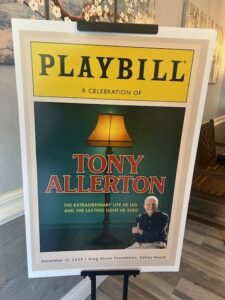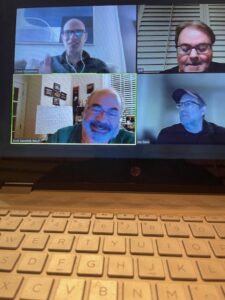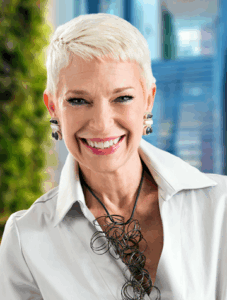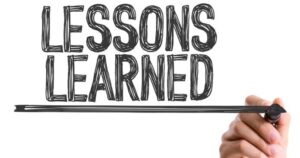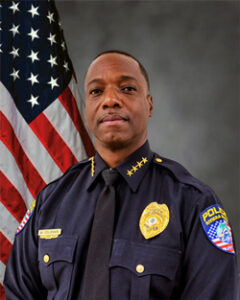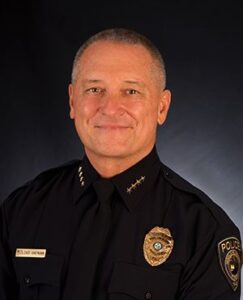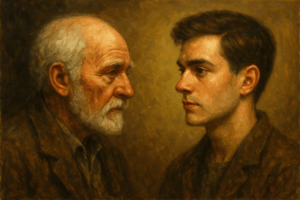
I can feel a love of poetry developing.
Another late life love proving that you can grow, evolve, learn and enjoy new things at any age.
Prior to this recent development, I never really appreciated, understood or enjoyed poetry.
But I’ve always loved song lyrics. I think the best lyrics are poetry.
Springsteen is a poet.
So is Dylan.
I thought John Lennon’s lyrics were magical—”In My Life”, “Norwegian Wood” and “Strawberry Fields” transport me and millions of others to a special place of joy.
Over the weekend, we saw a production of “Both Sides Now” at the Delray Beach Playhouse. It was incredible. Truly special. The show celebrates the words and music of Joni Mitchell and Leonard Cohen.
When put to music, their poetry elicited tears from the audience. Only art, only poetry, can do that.
Still, conventional poetry? It’s never been my thing.
That’s beginning to change.
In the past year or so I discovered Mark Nepo, rediscovered Robert Frost and found myself seeking out poetry during particularly tough or joyful moments.
Some poems land. Some poems don’t but I find if you make an effort the poem will meet you half way.
My friend Andrea is a poet.
She has been kind enough to send me her work which is touching, funny and very relatable.
She’s involved in a group called “Poets on the Fringe” which has open mic nights at a coffeehouse in Boca. Many of the poets also share their work at Delray’s wonderful Arts Garage.
Inspired by my friend, I’ve written a few poems and one even got published last year in a poetry anthology called “Alone Together.” Seeing my poem “Sit Spot” in a book was a thrill. But I haven’t yet found the courage to stand up in public and share. I will someday—maybe. I’m not quite ready.
Recently, my friend sent me a video of her reciting her poetry at an open mic night. I was struck by the joy on her face. It made my day. I’d like to experience that feeling. So someday. Maybe.
The same friend helped me discover the work of Andrea Gibson, an amazing poet who died tragically at age 49 in 2025.
I loved reading Gibson’s poetry and I highly encourage you to seek it out. Her story is a sad one, but she did leave an amazing body of work.
I found a newsletter Gibson wrote shortly before dying. It was basically a list of things she loved.
Gibson introduced the list with a great piece of advice: “the world is heavy right now, friends. Spend some time every day reminding yourself why the world is worth saving.”
Indeed it is.
Be thankful for the people who introduce you to the poetry of life. Those brave and generous enough to share it too.


